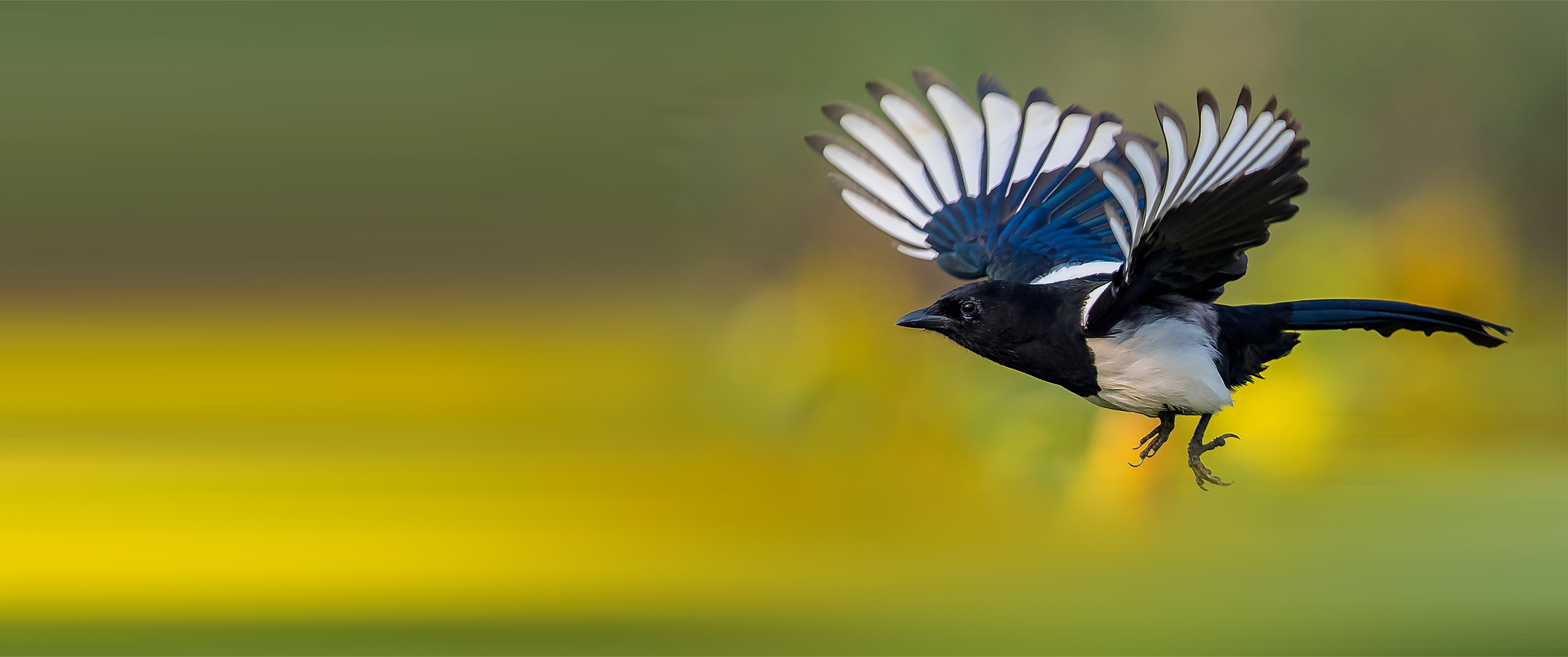Finding Work After Graduating – By Liam Barker
BLOG
When we’re young, at some point we are all fascinated by dinosaurs, those awe inspiring beasts that once ruled the Earth. The BBC documentary Walking With Dinosaurs completely blew my mind as a child, but what really stayed with me was the very last line of the series, identifying birds as the last remaining dinosaurs. This is where my passion for birds truly began, and then shaped the course of the rest of my life.
I began birdwatching at the age of seven, my Mum would take me to gorgeous reserves around East Anglia, such as Strumpshaw Fen or Minsmere. During the car journeys we were always on the lookout for herons, they were our lucky charm. By the age of twelve I was already optimistically looking at different zoology degrees, and at fifteen I spent two weeks living with my Aunt so that I could do my work experience at RSPB Minsmere, which was an incredible experience (I saw more bitterns than I ever imagined!). It was around this time when I first started developing my interest in corvids, I began giving enrichment tasks to a young Rook whilst volunteering at Wing and a Prayer wildlife sanctuary.
I eventually took a Zoology BSc at the University of Derby, and loved every minute of it. I made great friends, got to visit beautiful places, and was able to study birds whenever I wanted; I even did my dissertation on the garden birds in my Mum’s front garden. After finishing, I felt that my knowledge and expertise had expanded immensely, but I still did not feel quite ready for the world beyond academia, so I decided to hone my newfound skills and do an Animal Behaviour MRes at the University of Sussex. Sussex was quite a different experience, regardless I still met amazing people, went on a once in a lifetime trip to Zimbabwe, and for my dissertation I basically made friends with the campus jackdaws, some of whom I got to know quite personally. After graduating, I finally felt ready and eager to begin my career. What happened next? Well I hit a pretty major roadblock: Finding work.
I think we all know how agonising the job application process can be, filling out the same information over and over again, constantly changing your CV, writing cover letters etc., but for me the single most discouraging aspect of it all is the lack of response from potential employers. Now, I’m not just talking about employers giving vague or unhelpful explanations in their rejection letters, but rather that rejection letters themselves are a rarity in the first place. So many times I had to constantly ask for any update on my applications, only to find out that the position had already been filled weeks earlier. Having put so much of your time and effort into just one application to not even get the courtesy of a rejection letter is borderline insulting. Unfortunately this is not a new issue nor an uncommon one, as detailed by this excellent article (All work, no pay: the plight of young conservationists).
I reached out to other recent graduates both in conservation and other fields via social media, and heard much of the same issues. One of my interviewees, Spencer, even mentioned having just received a rejection letter for a job he applied for five months beforehand! Anna, a recent MSc graduate from Edinburgh Napier University, said “Second time round, the job hunt felt a lot harder. I applied to at least 50 positions- the majority I just didn’t hear back from, which is very demoralising. It got to the point where even a rejection email felt like a small victory because at least I’d heard back!”. Another common issue was the experience and knowledge required for entry level jobs. Experience with complex programmes such as R or ArcGIS are often required, yet neither of these programmes are universally taught, despite how crucial they are to the field. Additionally, it is common for jobs to ask for multiple years of experience in the field, which puts a lot of people in a chicken and the egg scenario: we need field experience to get a job but we need a job to get field experience. Field experience, let alone for a set amount of years, is not guaranteed by universities, however, many people can gain field experience through volunteering, and the U.K is not short of volunteering positions. Naomi, Freelance ecologist, said “Almost all paid work I’ve managed to secure has been directly as a response to my commitment demonstrated as a volunteer. The contracts have been very short; the total time I’ve worked since graduating 5 years ago adds up to less than 18 months.”
Whilst volunteering can be a great way to gain field experience, it simply is not a workable solution for everyone. There are a wide range of students who may not be able to provide their time, energy and labour for free. These could be students from low-income backgrounds who have to prioritise paid work, students with medical conditions or disabilities, or student carers. There is also the issue that some volunteering programmes go as far as charging volunteers for the experience, making meaningful volunteer work even less access for people who are just starting their careers.
At the end of the day, the root cause to all of these issues is that there is a disconnect between academia, industry employers, and the students, and there is no one solution for this problem. It is perfectly valid to expect universities to provide all the experience and knowledge you need to get an entry level position in the field. With that being said, employers should not be expecting fresh graduates to already have several years experience in the field for entry level positions, they have already displayed their commitment to the field by studying challenging degrees for several years, often incurring a large amount of debt.
Socio-economic barriers to the field need to be acknowledged and removed. Let’s be honest, no one goes into conservation or ecology hoping to make a fortune: they do it because they are passionate, but this passion should not be exploited. Unpaid internships and paid for volunteering are only available to those who can afford it, meaning lower-income people are cut out of gaining experience, and the field as a whole becomes more insular. While unpaid internships are an unpleasant reality for most graduates, and this needs to be rectified, can you think any other industry which might ask you to pay thousands for your own labour?
We also need to consider how putting academic papers behind a paywall creates a barrier for graduates and students. For example, a PhD I applied for once required that applicants read through a list of papers before applying, which in and of itself is not a problem, but it became one when several of those papers were behind a paywall; turning even the application process into an unaffordable task for some. Do I think that the PhD supervisor deliberately wanted to exclude low-income people from the application process? Absolutely not, but that’s still the end result of the current system.
So what are the solutions? Well to begin with there needs to be more dialogue between universities and industry employers. More partnerships between universities and local employers would be a good start, and would be beneficial for all parties involved. Additionally, volunteering needs to be made more accessible to underprivileged students. This would require additional funding to the sector, either from charity or government funding. Unfortunately, none of this will happen unless all of us, especially those with large and vocal platforms, start speaking out about these issues and campaigning for change. The world is in turmoil right now, and there is still the ever-looming threat of climate change and ecological collapse. We can’t afford to dismiss all the wonderful people out there who are willing to fight for it.

Liam Barker is an Ornithologist who specialises in corvids, in particular Jackdaws. He graduated from the University of Derby with a BSc. in Zoology 2017 and graduated from the University of Sussex with an MRes in Animal Behaviour in 2019. A lifelong birder and a member of the British Ornithology Union, Liam has volunteered for the RSPB, Riddlington Seal and Bird Rescue and currently volunteers at the peregrine project for the Hawk and Owl Trust.
@CAWnithologist
If you’d like to get in touch to share your story and share your suggestions, we’d love to hear from you via our dedicated Student Focus Group.
Blog posts on the CIEEM website are the views and opinions of the author(s) credited. They do not necessarily represent the views or position of CIEEM. The CIEEM blog is intended to be a space in which we publish though-provoking and discussion-stimulating articles.
